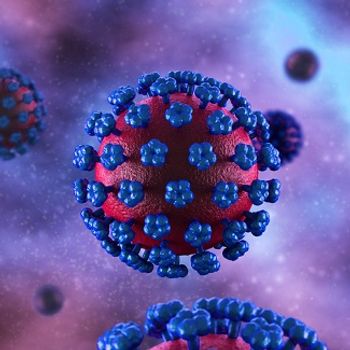
As an outbreak of Lassa fever in Nigeria continues to spread, the Coalition for Epidemic Preparedness Innovations is working with Themis Bioscience to develop a vaccine to protect against the virus.

As an outbreak of Lassa fever in Nigeria continues to spread, the Coalition for Epidemic Preparedness Innovations is working with Themis Bioscience to develop a vaccine to protect against the virus.

A new study suggests that an antiretroviral combination of dolutegravir with darunavir/cobicistat can be prescribed safely in the treatment of HIV-1.

AIDS researcher Robert Redfield, MD, has officially been named the new director of the CDC.

The program can detect viral hemorrhagic fevers about 12 days faster than previous efforts.

The CDC has announced that they are investigating yet another multistate outbreak of Salmonella, this time, linked to dried coconut product.

The National Center for Health Statistics has released new data on flu vaccination rates in the United States, as 1 new study shows which airline passengers may be at greatest risk of catching the flu inflight.
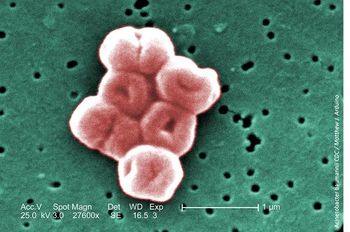
Investigators from the Centers for Disease Control and Prevention have determined the incidence of carbapenem-resistant Acinetobacter baumannii and "the basic epidemiology” of infections caused by these isolates in 8 metro areas.

In the dollars and cents of health security, funding towards the Global Health Security Agenda is a smart investment.

The first reports of H7N9 infection amongst humans occurred in China in 2013.

The number of individuals infected with Listeria continues to grow in South Africa, as officials identify the source responsible.

Implementation of a rapid entry program decreased time to first provider appointment, time to initiation of ART, and time to viral suppression in the Southern United States.
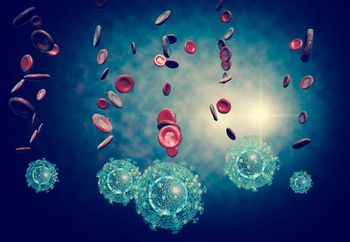
D/C/F/TAF achieved high virologic response rates that were overall noninferior to the control D/C+F/TDF, as well as favorable bone and renal outcomes that were consistent across age, gender, and race subgroups in phase 3 AMBER trial.
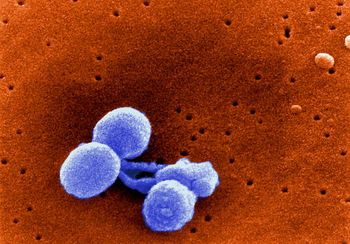
An Australian study found patients were better informed and more empowered when they signed up for a national registry of spleen disease patients.

Maintaining consistent environmental cleaning and disinfection is critical to warding off emerging and re-emerging pathogens.
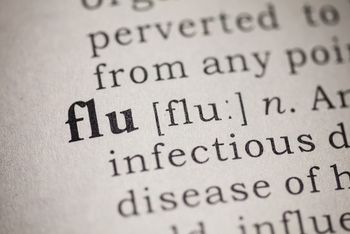
Taking into account the severity of this flu season, it is important that health care providers understand and choose the best treatment option for each patient.

In case you missed them, we've compiled a list of the latest US Food and Drug Administration (FDA) recalls posted this week.

In the wake of news of 10 travelers being infected with yellow fever, 4 of whom have died, the Centers for Disease Control and Prevention (CDC) are urging anyone considering travel to yellow fever endemic regions of Brazil to be vaccinated prior to travel.
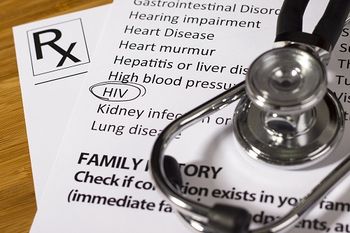
Posthoc analysis of the EMERALD trial reveal the combination regimen of D/C/F/TAF performs well in HIV-positive patients across different race, gender, and age subgroups, who may have failed previous antiviral regimens.

In case you missed them, we've compiled the top five infectious disease articles from this past week.
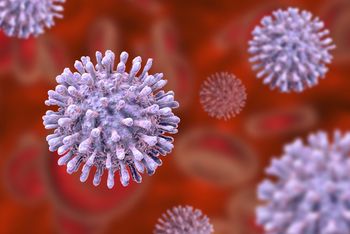
All doses of MK-8591 were generally well-tolerated with a limited number of reported mild/moderate adverse events.

Recent research presented at CROI 2018 finds that the risk of female HIV acquisition per sex act steadily increased through pregnancy and was highest during postpartum.

Recent research presented at CROI reveals that doxycycline is an acceptable treatment alternative for HIV-positive patients who are infected with syphilis.

The Global Virome Project is set to launch in 2018, and will spend the next 10 years working to identify as many as 827,000 unknown viruses in the wild.
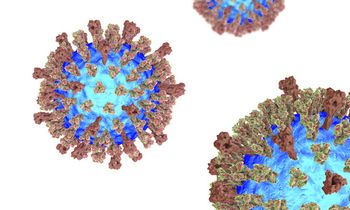
The New Jersey Department of Health has issued a public health alert warning of another potential measles exposure at Newark International Airport.
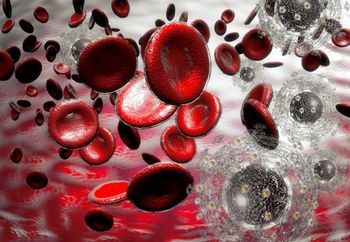
Researchers discuss a new method to rapidly detect HIV time-space clusters for public health intervention at CROI 2018.

At present, multiple vaccine candidates are in various stages of research and development, including cabotegravir, which is currently in phase 3 trials, and vaccines based on broadly-neutralizing antibodies.
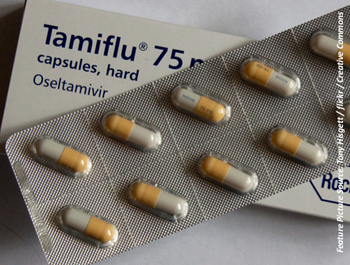
As flu activity continues to decline in the United States, some states are still reporting a record number of flu illnesses, as a new study debunks concerns that the use of Tamiflu may lead to increased suicide risk in teens.

Scientists from the NIH and Rutgers New Jersey Medical School are in the process of developing a promising alternative to antibiotic treatments for multidrug-resistant Klebsiella pneumoniae bacteria.

A recent study has found that patients with HIV are six times more likely to have schizophrenia compared with those who do not have the virus.